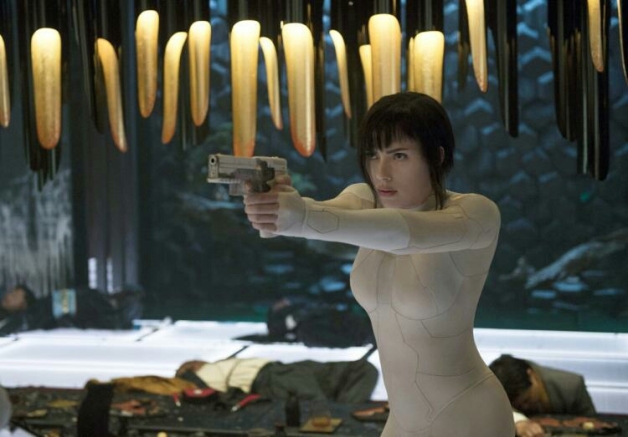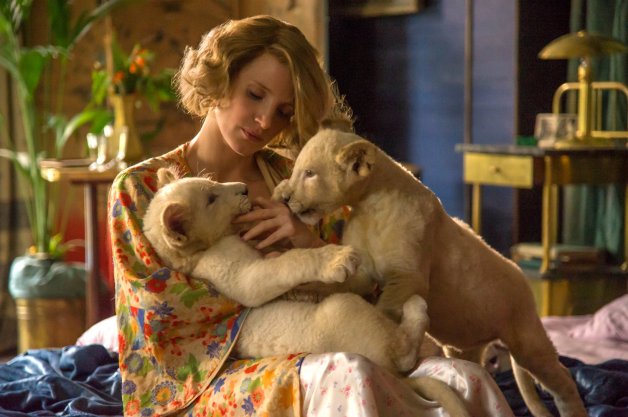
BY ROGER THOMAS
I do not need a lot from a film. A good story. Some emotion. Someone to root for and/or someone to root against. I am not concerned about the genre; I embrace most any kind of film as long as it is a film made well. Often times people ask me, “What kind of movies do you like?” I always respond the same way. “Good ones.”
“Ghost in the Shell” is a very busy film. There are many shots of futuristic streets in a congested city and there are too many things to see. One would need the ability to pause the film before he or she could take in all the sights and sounds that populate this motion picture. After a while I convinced myself to stop trying to take it all in. I suppose if I watched the film ten times I might see most of what was on the screen, but I have no intentions of watching the film a second time, much less multiple viewings.
I could describe for you what I think the film is about, but I am not sure I would get it right. I do know that Scarlett Johansson plays the lead character. I like her a lot and think she has done many good things: “Hail, Caesar!,” “Chef,” “Hitchcock,” “We bought a Zoo,” “The Prestige” and “Lost in Translation,” just to name a few. I would not place “Ghost of the Shell” in this partial list of Johansson’s better films.
When I first started seeing the trailers for “Ghost” I thought that perhaps this was a sequel to the 1984 film “Lucy.” That was three years ago and I do not remember everything about “Lucy” but in the end she become more powerful than a normal person. Somehow I connected that with “Ghost in the Shell.” But that was my mistake.
“Ghost in the Shell” is supposed to be set in the near future. Wow. They must be making advances I do not know about if we are ready to transfer one’s knowledge and personality into computer elements so people can live on as androids. Not only do we keep our memories, if the people one works for does not alter those images, but we also have superpowers. That way we can spend most of the time fighting.
I would not be surprised if this film is acknowledged for technical awards at the end of the year. Though I found much of it too bizarre for sincere praise, I can accept that there is artistry there. Johansson does as much as anyone could in the role of Major. I suppose all those violent fight scenes had to be choreographed by someone, and they deserve a nod, for quantity of work, if nothing else.
I also was glad to see Juliette Binoche as Dr. Ouelet; I have been a fan of hers since she won the Oscar for Supporting Actress in “The English Patient” in 1996. I would like to see her in more significant roles than this in the days ahead.
Overall, as the film played I found a few things interesting. Pilou Asbaek plays Johansson’s partner or something similar to that. His character loses his vision and gets replacement eyes. That was probably the moment I felt the most emotion during the film. I was glad to see that in the future doctors can restore vision.
In the end, I am not the target audience for this film. This movie is for teenage boys who play a lot of video games. The story is actually taken from a comic book titled “The Ghost in the Shell.” The film just dropped the article.
It is very early in the year, but for now, “Ghost in the Shell” is the worse film I have seen in 2017.
Roger Thomas is a member of the North Carolina Film Critics Association. He reviews films for The Stanly News & Press.


